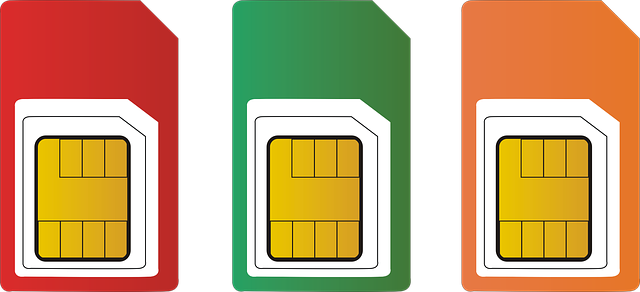
In today’s dynamic healthcare landscape, connectivity is paramount to ensuring seamless patient care and efficient operations. As the demand for remote healthcare services and real-time data exchange grows, the need for reliable and comprehensive connectivity becomes increasingly crucial. Roaming SIM cards designed for healthcare, with their ability to connect to multiple mobile network providers, offer a compelling solution to address these challenges and revolutionize healthcare delivery.
Combating Blackspots and Ensuring Coverage
A major concern for healthcare providers is the potential for connectivity disruptions due to geographical limitations or network congestion. Roaming SIM cards eliminate the risk of blackspots by providing access to multiple networks, ensuring that devices remain connected even in areas with limited coverage. This is particularly critical for ambulances, emergency services, and mobile healthcare units that operate in remote or underserved regions.
Streamlining Patient Care and Remote Monitoring
Roaming SIMs enable real-time communication and data transfer, facilitating efficient patient care and remote monitoring. Medical professionals can receive real-time updates on patient vitals, medication adherence, and treatment progress, empowering them to make informed decisions and provide prompt interventions. This remote monitoring capability is particularly beneficial for patients with chronic conditions or those residing in rural areas with limited access to traditional healthcare facilities.
Revolutionizing Telehealth and Virtual Consultations
Telehealth, the practice of providing healthcare services remotely via telecommunications technologies, has gained significant prominence in recent years. Roaming SIMs play a critical role in facilitating telehealth consultations, allowing patients to connect with healthcare providers from the comfort of their homes or remote locations. This eliminates geographical barriers and enables patients to receive timely and convenient consultations regardless of their location.
Enhancing Hospital Operations and Emergency Response
In hospitals, roaming SIMs can streamline internal communications, allowing staff to access patient records, medical images, and other critical data from anywhere within the facility. This enhanced connectivity can improve patient care coordination, reduce administrative errors, and expedite emergency response times.
Revolutionizing Medical Devices and Diagnostics
Roaming SIMs enable the connection of medical devices and diagnostic equipment to the internet, allowing for real-time data transmission and remote monitoring. This connectivity facilitates preventive maintenance, early detection of equipment malfunctions, and proactive resolution of potential issues, ensuring the smooth operation of essential medical equipment.
Empowering Healthcare Professionals
Roaming SIMs empower healthcare professionals with the ability to stay connected, access information, and collaborate effectively, regardless of their location. This enhanced connectivity can lead to improved patient care outcomes, reduced administrative burdens, and enhanced collaboration among healthcare providers.
Conclusion
Roaming SIM cards are revolutionizing the healthcare industry by providing seamless connectivity, extending coverage to underserved areas, and facilitating real-time data exchange. These robust SIM cards are empowering healthcare providers to deliver enhanced patient care, streamline operations, and embrace the transformative potential of telemedicine and remote monitoring. As the healthcare landscape continues to evolve, roaming SIMs will play an increasingly significant role in ensuring that patients receive high-quality care, regardless of their location or connectivity challenges.